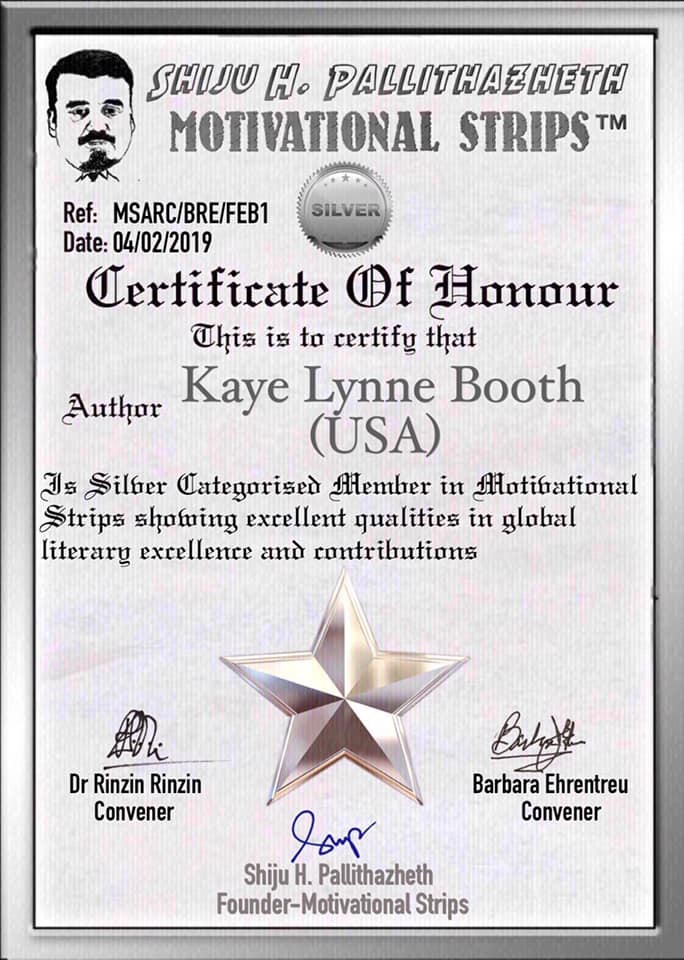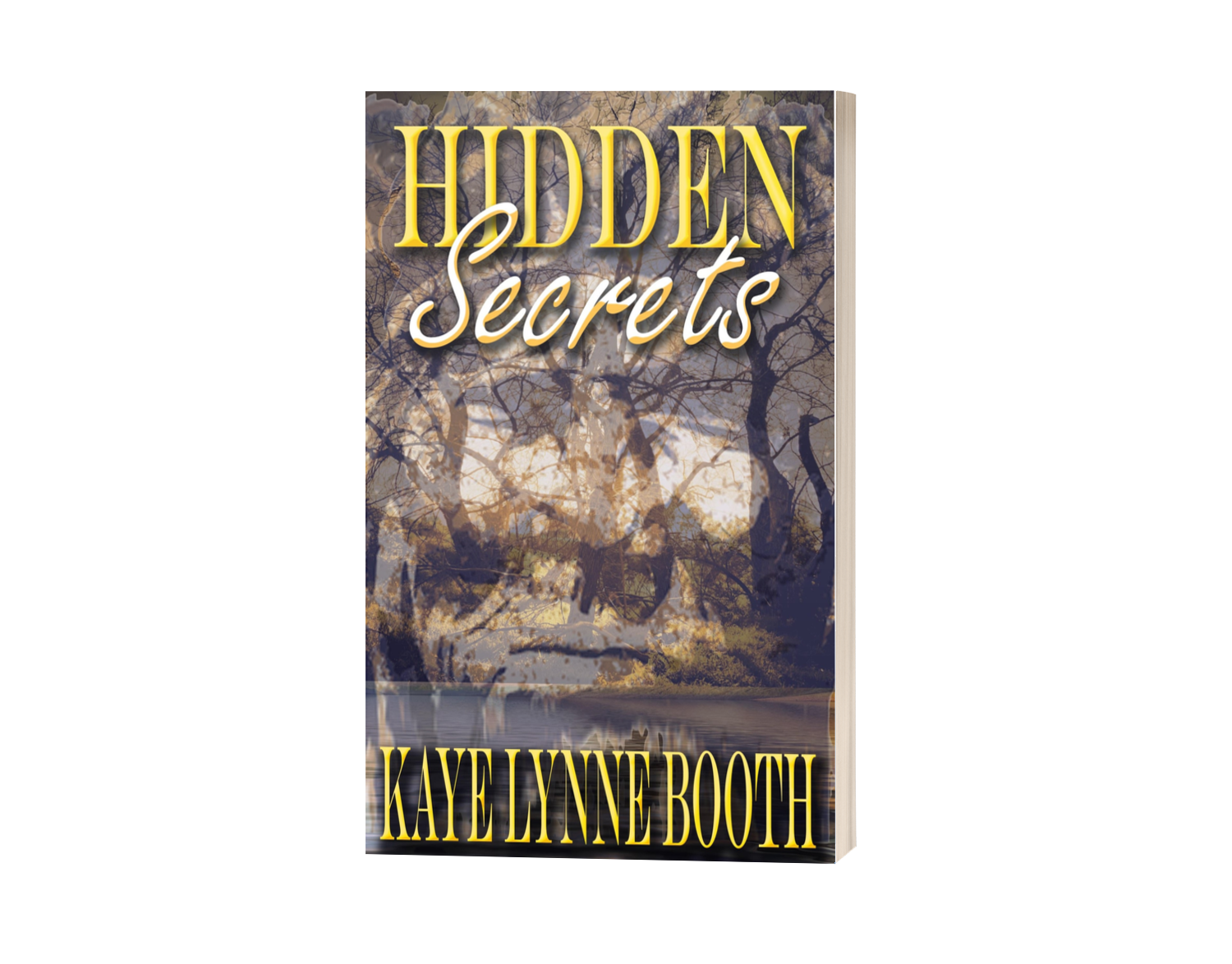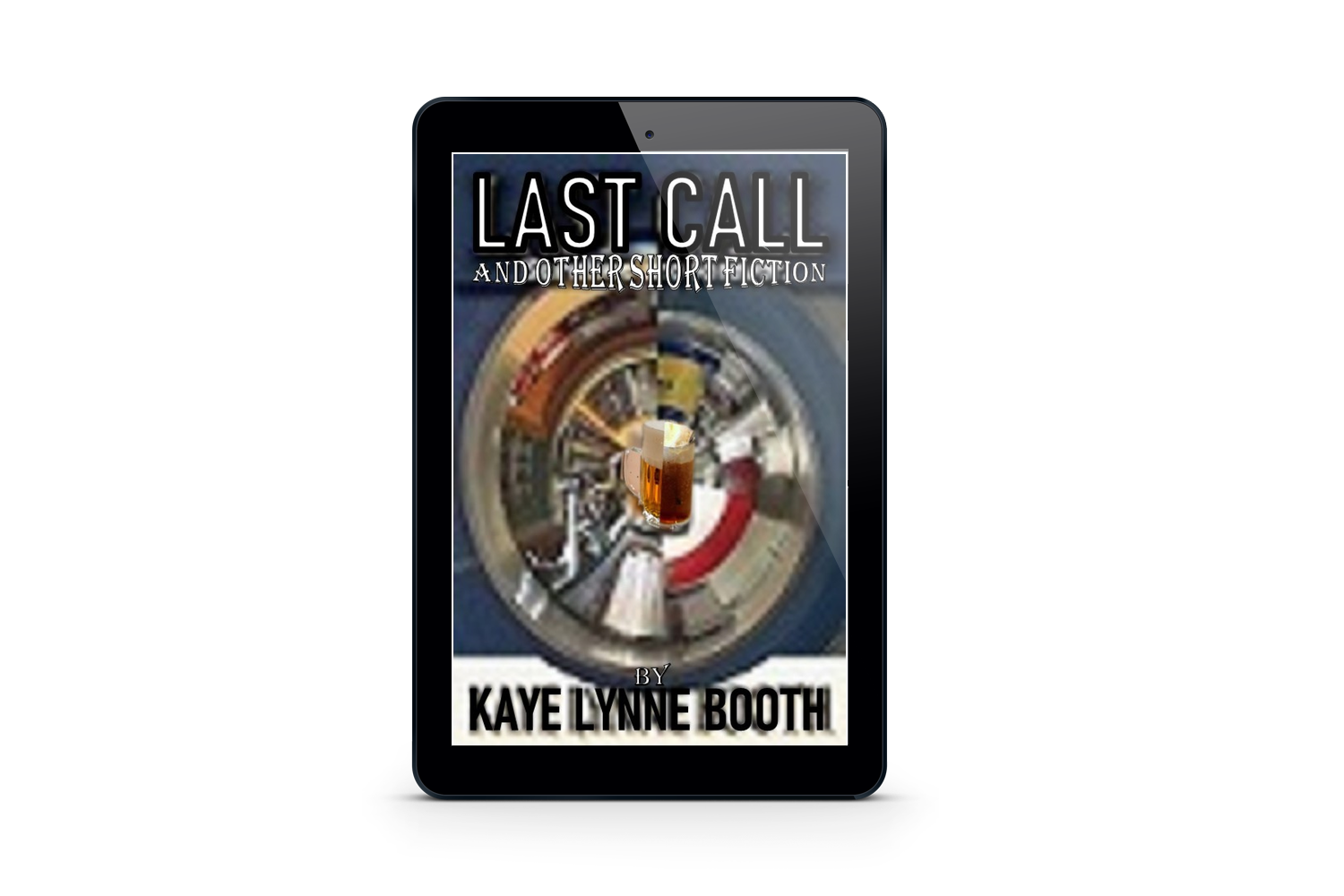Rumi, Spirituality And Poetry
Posted: October 31, 2018 Filed under: Inspirational, Poetry | Tags: ancient texts, Art Rosch, language, Poetry, Rumi, spirituality, The Many Faces of Poetry 6 Comments
The oldest poetry of all is in the Holy Books. The Rig Veda, The Maharashtra, the Buddhist Sutras, The Old and New Testament. Then there are the extended legend/poems that have become embedded as virtual racial memories of mankind. The story of Beowulf, the Icelandic Eddas, The Iliad and The Odyssey. It seems as if poetry came first, was the primal form of literature, handed down from The Gods to human beings.
More familiar to us today is the work of the Sufi mystics like Rumi. I know that Rumi’s poetry has become a consumer commodity. His work is immune to vulgarization, however, so I’m not worried about Rumi. He is said to be the most widely read poet in the world. His work has survived eight hundred years. He nearly vanished to the western world until Sufi scholar Coleman Barks translated Rumi into English and it took off…again!
Rumi addresses himself to God, to Allah, as if to an intimate lover. He gives all of himself to the Highest because he is in love with the Highest. Rumi is also very human, rooted and ordinary. He offers us practical insights on daily survival. He writes, “Don’t worry about what doesn’t come. By not coming it may prevent disaster.” He may as well have been speaking directly to me. I’ve waited for a lot of things that haven’t come.
Poetry and prayer are inseparable. Isn’t every poem really an address to the Divine? Isn’t it laden with hope, desire, confusion, supplication and maybe even surrender? Rumi’s poetry attracts modern readers because it retains its purity, it can’t be trivialized by the consumer paradigm that dominates our world. It doesn’t matter that Donna Karan uses Rumi to sell fashion. Or that rock star Chris Martin uses this poem on an album by Coldplay.
This being human is a guest house.
Every morning a new arrival.
A joy, a depression, a meanness,
some momentary awareness comes
as an unexpected visitor.
Welcome and entertain them all!
Even if they’re a crowd of sorrows,
who violently sweep your house
empty of its furniture,
still treat each guest honorably.
He may be clearing you out
for some new delight.
The dark thought, the shame, the malice,
meet them at the door laughing,
and invite them in.
Be grateful for whoever comes,
because each has been sent
as a guide from beyond.
I can’t think of any more appropriate response to the maladies that afflict us in these times.
This, then, is my poem, a poem very much influenced by Jalalladin Rumi of The Mevlevi School of Sufism.
A Worthy Destination
I haven’t found peace.
I don’t own peace,
rent peace,
buy or sell peace,
though I do encounter peace
from time to time.
Peace is like a friend
who comes for a surprise visit.
As my life takes on a shape
in which peace feels comfortable
I see peace more often.
Peace is not easily found in this world.
Peace comes like an accident,
a good mishap.
Peace lands in my heart like
a bird that’s raised its young
and is looking for a new place to nest.
I thought I would know peace by now,
but it’s taking longer than I expected.
The biggest problem is my mind.
It’s like a bag turned inside out, its contents
are the world, spilled and crazy.
Peace is not comfortable
in the world. When I’m with peace, I feel as though I’ve brought a guest
to the kind of party
that’s broken up by the cops after midnight.
I need to make peace more welcome here.
I should send peace an invitation, find a good solid tree
where peace can perch and sing
before taking flight
to a more worthy destination.
To see more of my writing, photography and music I highly recommend that you take an excursion to
email writernuts@gmail.com

A Midwesterner by birth, Arthur Rosch migrated to the West Coast just in time to be a hippie but discovered that he was more connected to the Beatnik generation. He harkened back to an Old School world of jazz, poetry, painting and photography. In the Eighties he received Playboy Magazine’s Best Short Story Award for a comic view of a planet where there are six genders. The timing was not good. His life was falling apart as he struggled with addiction and depression. He experienced the reality of the streets for more than a decade. Putting himself back together was the defining experience of his life. It wasn’t easy. It did, however, nurture his literary soul. He has a passion for astronomy, photography, history, psychology and the weird puzzle of human experience. He is currently a certified Seniors Peer Counselor in Sonoma County, California. Visit his blogs and photo sites. www.artrosch.com and http://bit.ly/2uyxZbv.














